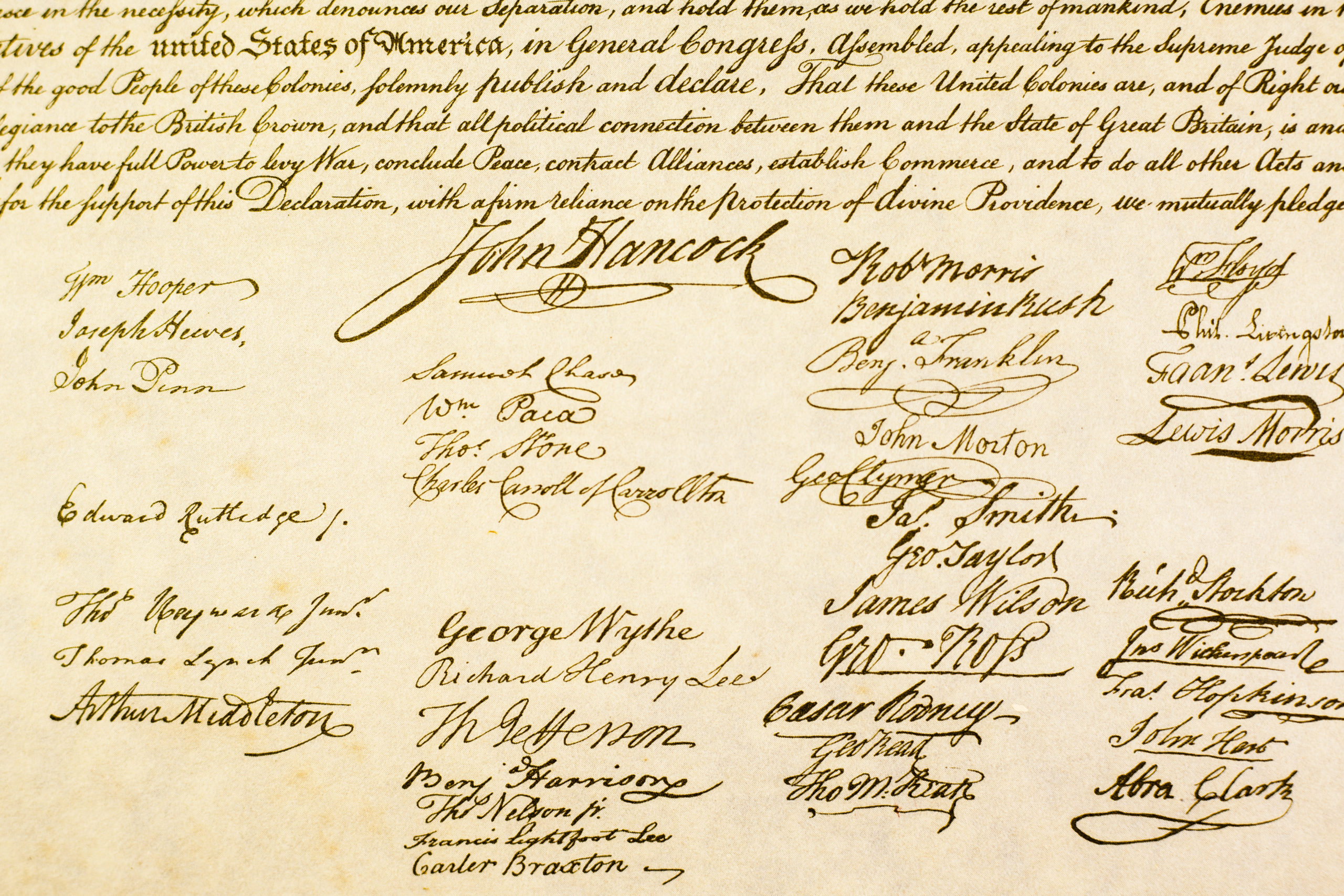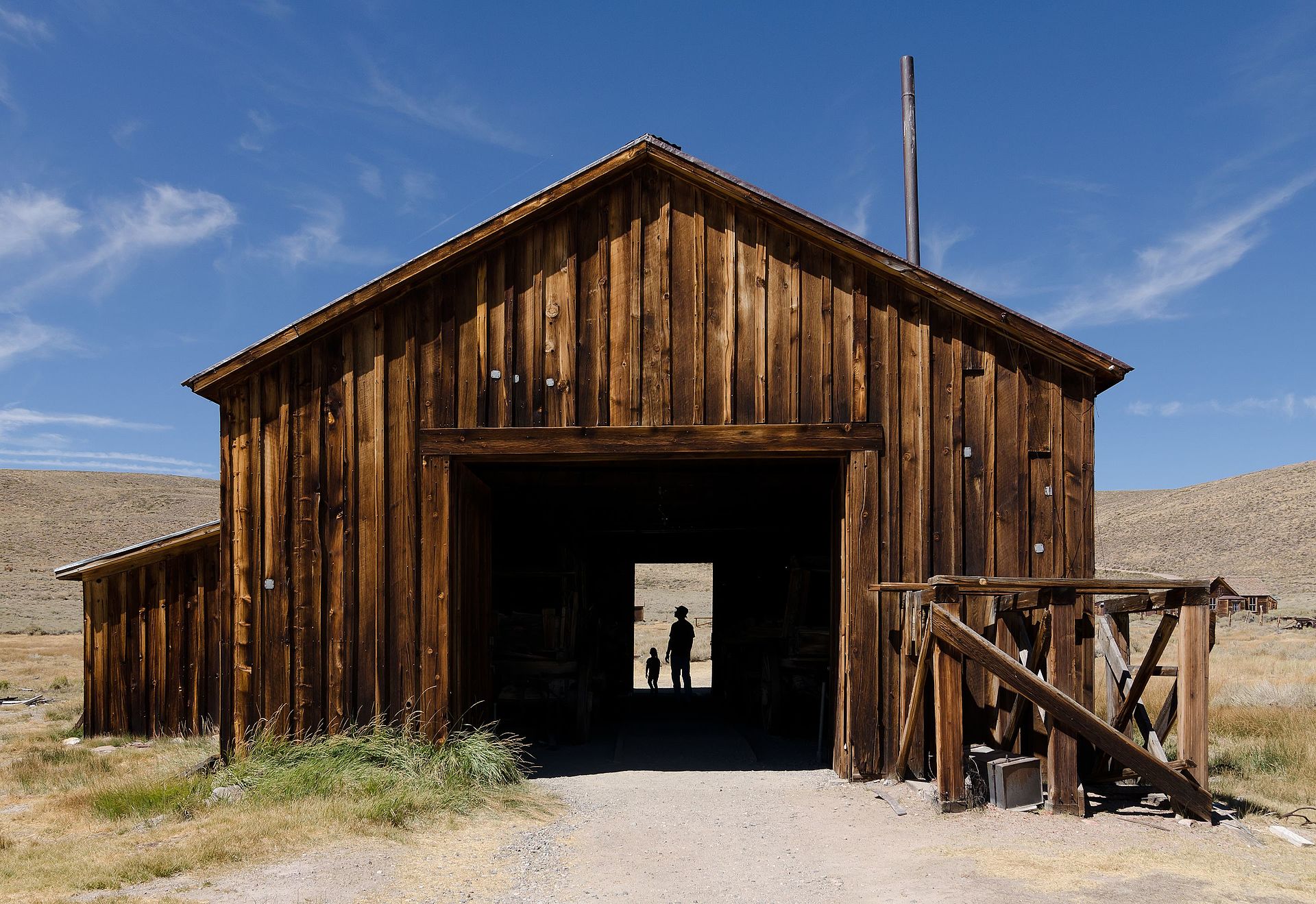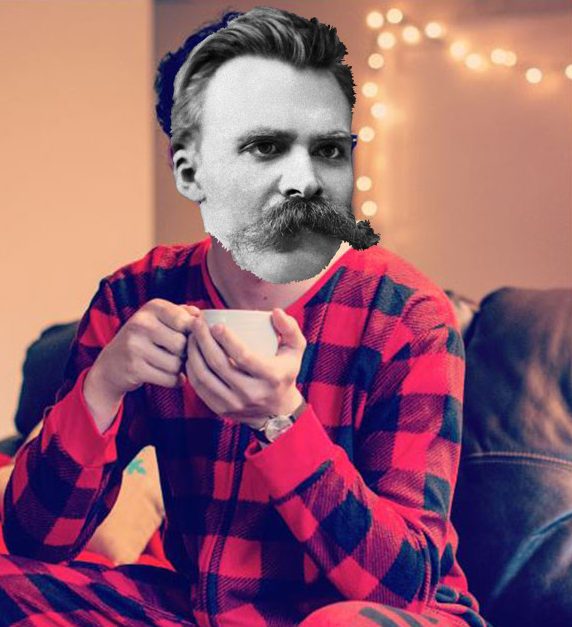It’s Coming.
Proud of What?

The monthlong spectacle is over, and the taste of glitter is like ashes in our mouths.
Like clockwork, the earth moves around the sun, and on June 1 every storefront in America that has sold its soul to the idol of pride raises the kaleidoscope flag of identity. It stays there, announcing the virtue of whoever put it up, until June ends and we can breathe a little.
Aristotle talks about pride being something that is possessed by a virtuous person. He calls it the crown of virtues because it is impossible without goodness of character. Pride magnifies our virtues and cannot exist without them. “Therefore, the truly proud man must be good.” It was not associated with the boastful or small-souled. He who was virtuous derived a sense of pride from the self-knowledge of his worth. Pride, according to Aristotle, is associated with a high standard. You had to reach the high bar of habituating all the virtues in order to possess their crown.
These days, pride is when Instagram companies slap rainbows behind their logos. Pride is waking up in the morning and realizing you have different emotions today than yesterday, so your identity must change. Pride is the name that they throw up on the internet because they need a consistent title for a movement with no consistency.
Aristotle’s pride was about virtue and the mastery of them all. Now it’s about the mere possession of one, “virtue,” and that’s tolerance. People have gone out on the streets all month, in front of their children and their mothers, and put on a show to demonstrate who they are proud to have become. But who they have become is not only distant from anything Aristotle described as proud; it is nearly unrecognizable as human. The acolytes of modern Pride have reduced their personhood to the misuse or mutilation of their own genitals and demanded congratulations for having renounced the rest. Virtue asks us to affirm human nature with our acts of will, while the Pride movement asks us to affirm our will by destabilizing our nature. What we’ve witnessed over the past month, and for years now, is humanity at its sinking point. If this is what we take pride in, if this is the crown of what makes us human, then we are a beastly society.
Aristotle explained what separated us from the beasts of the earth. Courage, temperance, magnanimity, and patience were just a few of the virtues he cited as exemplary human traits. These all backed his idea of pride. We live in a society today where our virtues are empty. People on social media repeat the same empty phrases and words to ally themselves with the side that will cancel them if they don’t. Virtue has become nothing more than a shield against the mob, something you fly every June, so you don’t go out of business. Virtue is no longer about being good in the highest degree; it’s about letting your freak flag fly.
“Pride seems even from its name to be concerned with great things.” In a world that is proud of its fallenness, be one to only be proud of the great things.
The American Mind presents a range of perspectives. Views are writers’ own and do not necessarily represent those of The Claremont Institute.
The American Mind is a publication of the Claremont Institute, a non-profit 501(c)(3) organization, dedicated to restoring the principles of the American Founding to their rightful, preeminent authority in our national life. Interested in supporting our work? Gifts to the Claremont Institute are tax-deductible.
Or die waiting for a narrative to save you.
Can we keep it?
I will arise and go now.
America’s ideals are worth defending against two-bit impostors.






